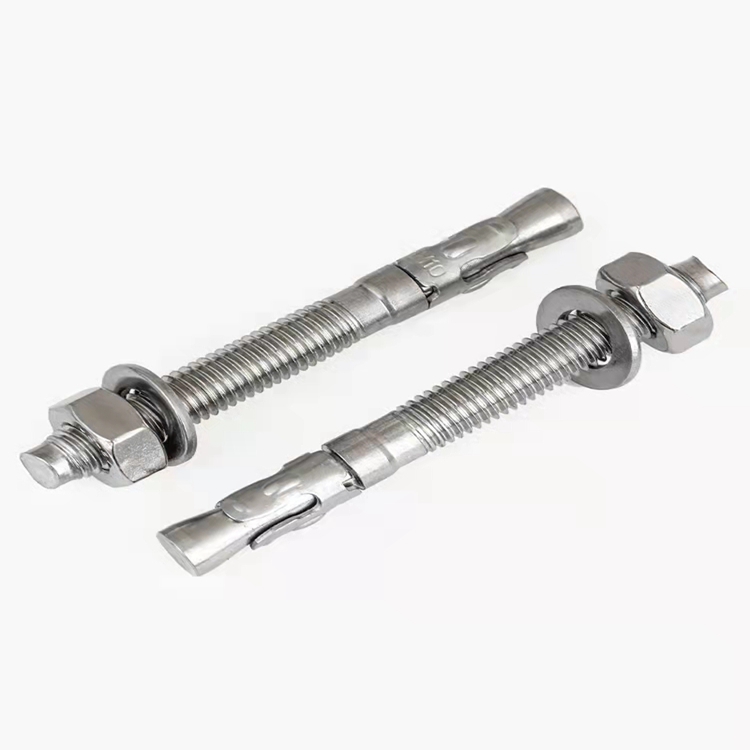High-Quality Stud Bolts from Leading Suppliers - Reliable Industrial Solutions
Aug . 28, 2024 21:33 Back to list
High-Quality Stud Bolts from Leading Suppliers - Reliable Industrial Solutions
Stud bolts are essential fasteners widely used in various industrial applications, particularly in the construction, oil and gas, and manufacturing sectors. These threaded rods provide a reliable connection for flanged joints, ensuring structural integrity and safety in demanding environments. When seeking stud bolt suppliers, it’s crucial to consider several factors to guarantee quality and reliability.
One of the primary considerations is the material of the stud bolts. Common materials include carbon steel, stainless steel, and alloy steel, each offering unique properties suited to specific environments. For instance, stainless steel stud bolts are ideal for corrosive conditions, making them a popular choice in marine and chemical applications. On the other hand, carbon steel is often used in less corrosive environments due to its strength and affordability.
.
Moreover, the supplier's experience and reputation in the market play a significant role in selecting the right partner. Established suppliers typically have a track record of fulfilling orders accurately and on time, which is critical for project timelines. Checking customer reviews, testimonials, and case studies can provide insights into a supplier's reliability and service quality.
stud bolt 15 supplier

It’s also essential to consider the range of sizes and specifications offered by a supplier. Stud bolts come in various diameters, lengths, and thread types, and a good supplier should be able to provide a comprehensive inventory to meet diverse project requirements. Customization options can also be a significant advantage, allowing businesses to obtain products tailored to their specific needs.
Lastly, pricing and customer service are crucial factors when choosing a stud bolt supplier. Competitive pricing is always important, but it should not come at the cost of quality. Additionally, responsive and knowledgeable customer service can streamline the purchasing process, ensuring that any queries or issues are addressed promptly.
In conclusion, selecting the right stud bolt supplier involves careful consideration of materials, manufacturing standards, experience, product range, pricing, and customer service. Doing thorough research and choosing a reliable supplier can significantly contribute to the success of projects reliant on these critical components.
Latest news
-
High-Quality Panel Stud Bolt Reliable Panel Stud Bolt Factory & Suppliers
NewsJul.08,2025
-
High-Precision Fine Thread Locknuts Manufacturer & Supplier Custom Solutions
NewsJul.08,2025
-
PH Imperial Stud Bolt – High Strength Fasteners from Leading Supplier & Factory
NewsJul.07,2025
-
High-Quality Allen Wrench Bolts Leading Factory, Company & Suppliers
NewsJul.07,2025
-
Wholesale Ball Stud Bolt - High Quality Supplier & Factory Price Reliable Wholesale Ball Stud Bolt Company
NewsJul.06,2025
-
High-Strength Alloy Bolts Manufacturer & Supplier Quality Alloy Fasteners Factory
NewsJul.06,2025
